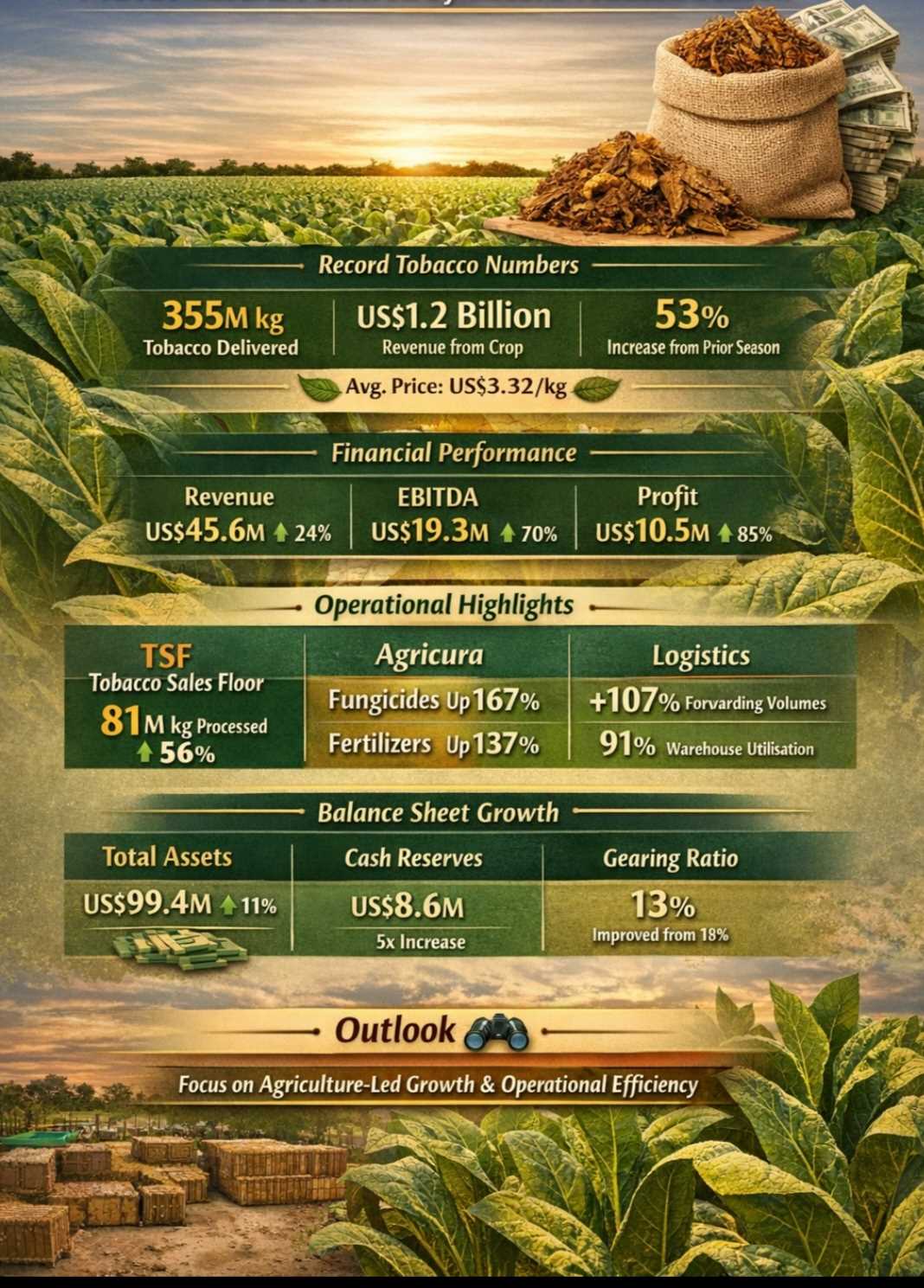
Oscar J Jeke
Zim Now Reporter
The Southern African Development Community has launched an urgent assessment of the potential impact of new tariffs imposed by the United States on imports from SADC member states, following an announcement by Washington on April 2, 2025.
The US has introduced a baseline tariff of 10% on all imports, with additional “reciprocal” tariffs — some reaching as high as 50% set to take effect from April 9. These measures threaten to undermine long-standing trade relations and nullify key benefits offered under the African Growth and Opportunity Act, which currently grants duty-free access to most SADC nations.
Related Stories
“The new tariffs will affect all SADC Member States to varying degrees,” read a statement from the SADC Secretariat issued on April 8. “For example, products from Lesotho will be hit by a 50% ‘reciprocal’ tariff, while 47% will be applied to imports from Madagascar.”
According to the tariff schedule, other affected countries include Mauritius 40%, Botswana 38%, Angola 32%, and South Africa 31%. Only Seychelles has been exempted from the new tariffs. Textiles and clothing major exports for many SADC nations are not among the exempted products.
“These reciprocal tariffs are additional to existing tariff rates,” SADC noted. “They will effectively erode the advantages previously enjoyed under AGOA, especially given that the Act was already set to expire by the end of September 2025.”
In response, SADC is preparing a comprehensive impact assessment to be reviewed by the Committee of Ministers of Trade and the Ministerial Task Force on Regional Integration during meetings scheduled for June. A collective policy response will be proposed to the SADC Council of Ministers in August.
SADC reaffirmed its commitment to multilateral trade frameworks and urged for continued adherence to rules-based global trade. “SADC reiterates its commitment to further the objectives of the SADC Treaty through continued adherence to multilateral trade rules and fair competition administered by the World Trade Organization,” the Secretariat emphasized.



















Leave Comments